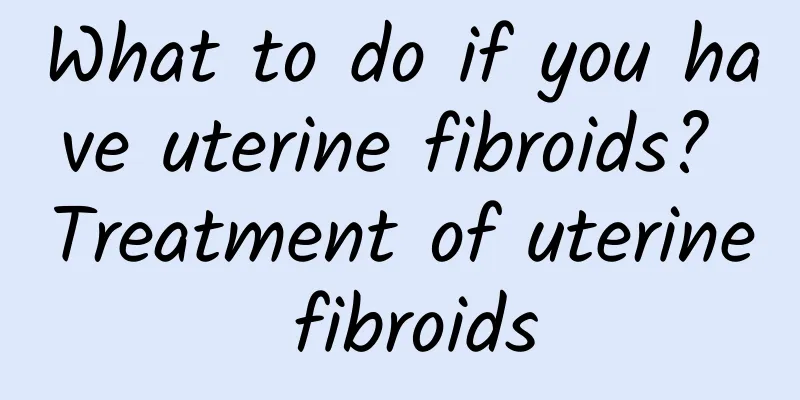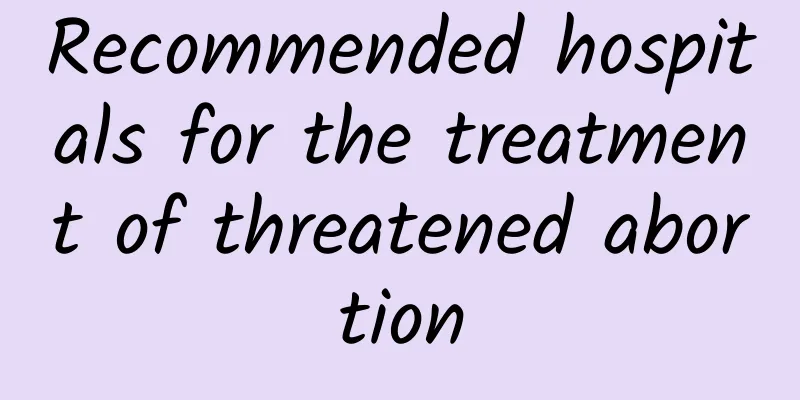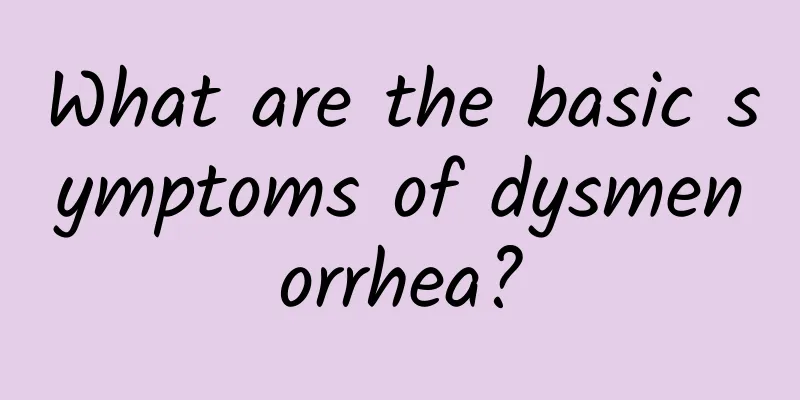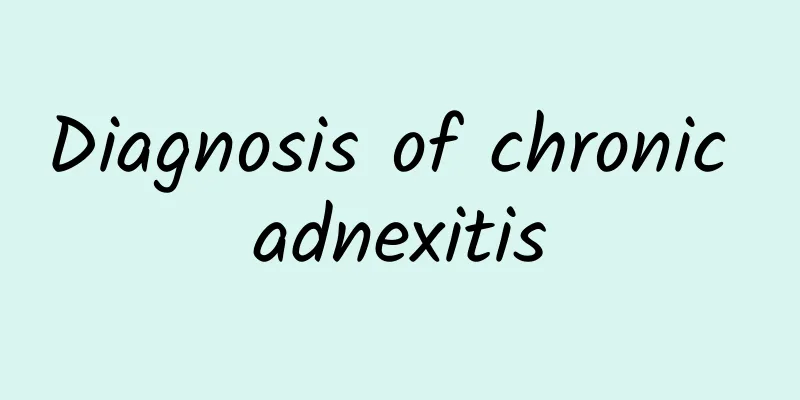What to do if you have uterine fibroids? Treatment of uterine fibroids

|
Diseases need to be treated in time, and avoiding treatment will only lead to further deterioration of the condition. Although most uterine fibroids are benign, they can also affect people's study and life. So, what if you have uterine fibroids? Uterine fibroids should be treated individually based on the patient's age, fertility requirements, symptoms, and the location, size, and number of the fibroids. Small, asymptomatic uterine fibroids generally do not require treatment, especially in menopausal women. After menopause, uterine fibroids can gradually shrink or even disappear. The following treatments are available for patients with uterine fibroids. 1. Surgery is still the most commonly used treatment for uterine fibroids. It is mainly divided into hysterectomy and myomectomy. (1) Hysterectomy: Hysterectomy can be performed if there are surgical indications, fertility preservation is not required, or there is a suspicion of malignant changes. Since the cervix after subtotal hysterectomy may become cancerous in the future, and the treatment of stump cancer is difficult, total hysterectomy is currently recommended for most patients. Cervical smear cytology should be performed before surgery to rule out cervical malignant lesions. Premenopausal women can retain both adnexa, and postmenopausal women can consider removing both adnexa at the same time. (2) Myoma removal: Myoma removal can be considered for patients ≤ 40 years old who want to maintain their fertility or who do not want to have their uterus removed. 2. Drug treatment, mainly short-term treatment, is mainly suitable for patients with uterine fibroids who have surgical indications. Preoperative medication can correct anemia, reduce the size of the uterus, avoid intraoperative bleeding, and reduce surgical difficulties; menopausal women, uterus smaller than 10 weeks of pregnancy, mild symptoms; patients with surgical contraindications due to other complications. |
<<: What should I do if I have uterine fibroids? How should I treat uterine fibroids?
>>: What should I do if I have uterine fibroids? How should I use medicine for uterine fibroids?
Recommend
Traditional Chinese Medicine for the Prevention and Treatment of Bleeding after Medical Abortion
In recent years, many academic experts have done ...
What are the obvious symptoms of pelvic inflammatory disease?
Obvious symptoms of PID include lower abdominal p...
What are the dangers of having sex 25 days after abortion?
You cannot have sex within one month after an art...
What are the symptoms of cervical erosion in women? Symptoms of cervical erosion in two degrees
Cervical erosion is a gynecological disease with ...
Vulvar leukoplakia may be caused by some infection and inflammatory stimulation
Vulvar leukoplakia may be caused by some infectio...
Medication issues for patients with candidal vaginitis
How should patients with candidal vaginitis take ...
Causes of hyperprolactinemia in daily life
What are the causes of hyperprolactinemia in dail...
Experts analyze what are the late symptoms of pelvic inflammatory disease?
Patients with pelvic inflammatory disease all kno...
What medicine is good for gynecological cervicitis?
What medicine should women take when they suffer ...
Bacterial vaginosis healthy diet
In life, we often see many women appearing in gyn...
Will cervical erosion recur after surgery?
Will cervical erosion recur after surgery? If the...
How to use medicine to cure cervical warts faster
Traditional Chinese medicine has a long history a...
Endocrine disorders are often the cause of dysmenorrhea
The cause of dysmenorrhea causes people to suffer...
A brief analysis of the hazards of cervical hypertrophy
Cervical hypertrophy is a common gynecological di...
Does the endometrium really thicken after pregnancy?
During pregnancy, women have different physical c...









